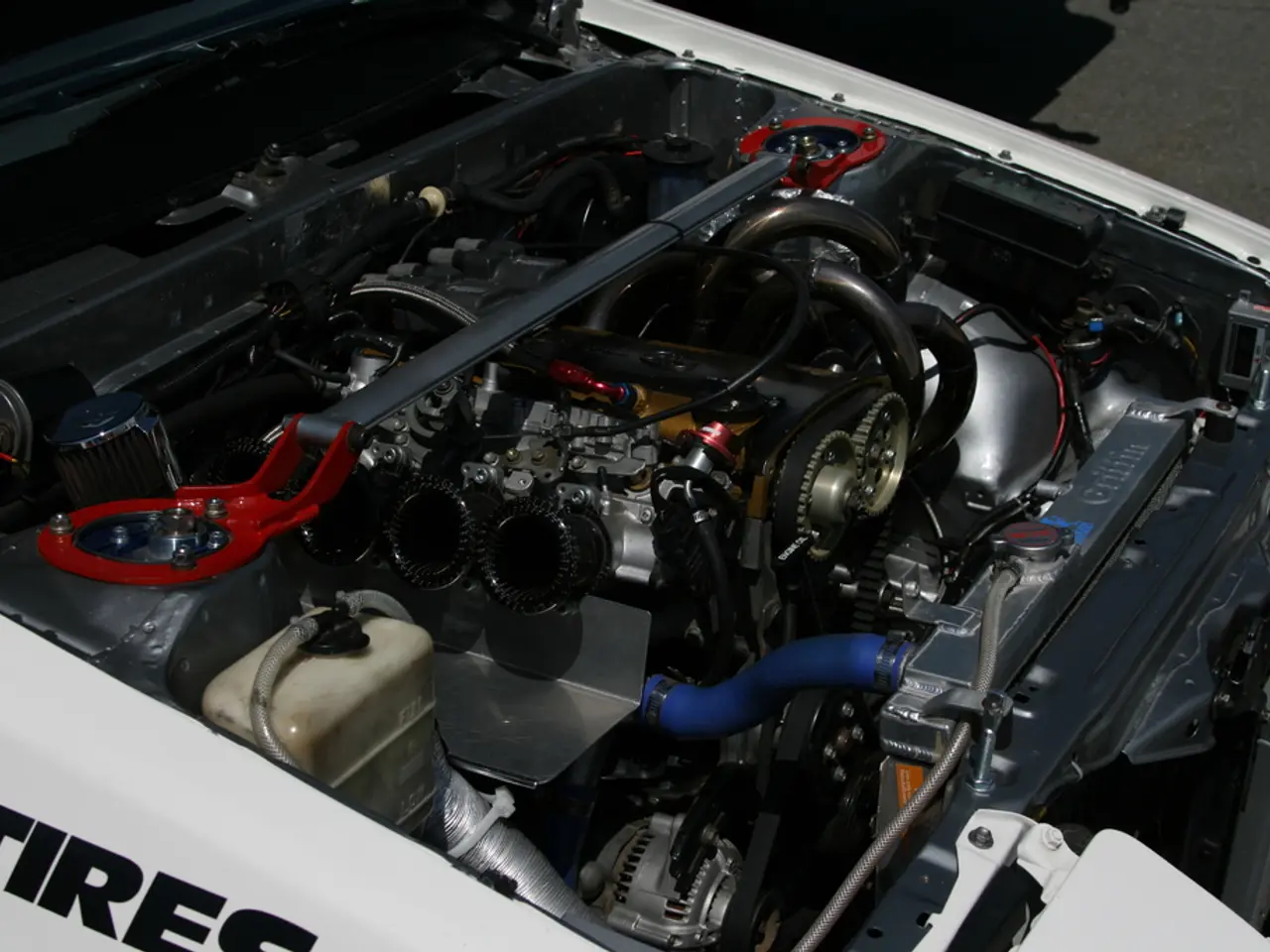European researchers examining projected energy needs for battery cell manufacturing in the future
Professor Simon Lux, the head of a research team analyzing future energy requirements for European battery production, emphasizes the importance of bolstering local battery supply chains to reduce energy dependence.
This study, published in the journal Energy & Environmental Science, aims to investigate the energy requirements associated with the European Union's goal of strengthening European battery supply chains. The research was led by Professor Lux from the University of Münster and Fraunhofer Research Institution for Battery Cell Production.
Europe currently accounts for approximately 25% of global electric vehicle sales, and the increasing demand for lithium- and sodium-ion batteries would necessitate a significant amount of energy. However, the study reveals that up to 90 TWh of upstream fossil fuel energy could be offset through recycling and efficient battery production processes.
To achieve self-sufficiency by 2050, the EU will need to increase its annual energy demand for local battery cell production from the current level of around 3.5 terawatt hours (TWh) per year to 250 TWh annually. This increase would be necessary to meet the growing demand for battery-based electricity, which is disproportionate to the total electricity demand and requires major investments in renewable electricity generation and infrastructure.
Maximizing battery recycling rates and recycling efficiency is crucial to reduce import dependency and future energy demand in Europe. The current recycling infrastructure in Europe is still in its early stages of development, but the study estimates that approximately 800 gigawatt hours of battery capacity will need to be recycled annually from 2050 onwards.
Effective regulations are essential to support European automobile manufacturers, producer responsibility organizations (PROs), recycling and recovery companies, and the entire recycling industry along the battery value chain. Harmonization and cooperation across these stakeholders, as well as EU-level frameworks like the Critical Raw Materials Act and the Battery Regulation, are key to enabling scalable, economically viable, and strategic recycling systems.
Recycling could reduce the energy required for battery production in Europe by 33 to 46%. A well-developed recycling infrastructure will be necessary by 2050 to meet the increased energy demand for local battery cell production and compensate for efficiency losses when charging electric vehicles and stationary storage systems. European policymakers need to implement effective regulations that enable companies to develop viable and sustainable recycling capabilities.
In conclusion, Professor Lux's study highlights the importance of strengthening European battery supply chains to reduce energy dependence, increase self-sufficiency, and promote sustainable battery production and recycling practices. The study underscores the need for a well-developed recycling infrastructure, effective regulations, and substantial investments in renewable electricity generation and infrastructure to meet the growing demand for battery-based electricity in Europe.
Read also:
- Industrial robots in China are being installed at a faster rate than in both the United States and the European Union, as the global market for these robots faces a downturn.
- Hyundai N affirms transition to hybrid performance-centric models, initiating with Tucson N
- EAFO Research Uncovers Crucial Elements in Electric Vehicle Adoption within the EU
- Stock markets in India anticipated a moderate opening, influenced by mixed signals from global markets.




